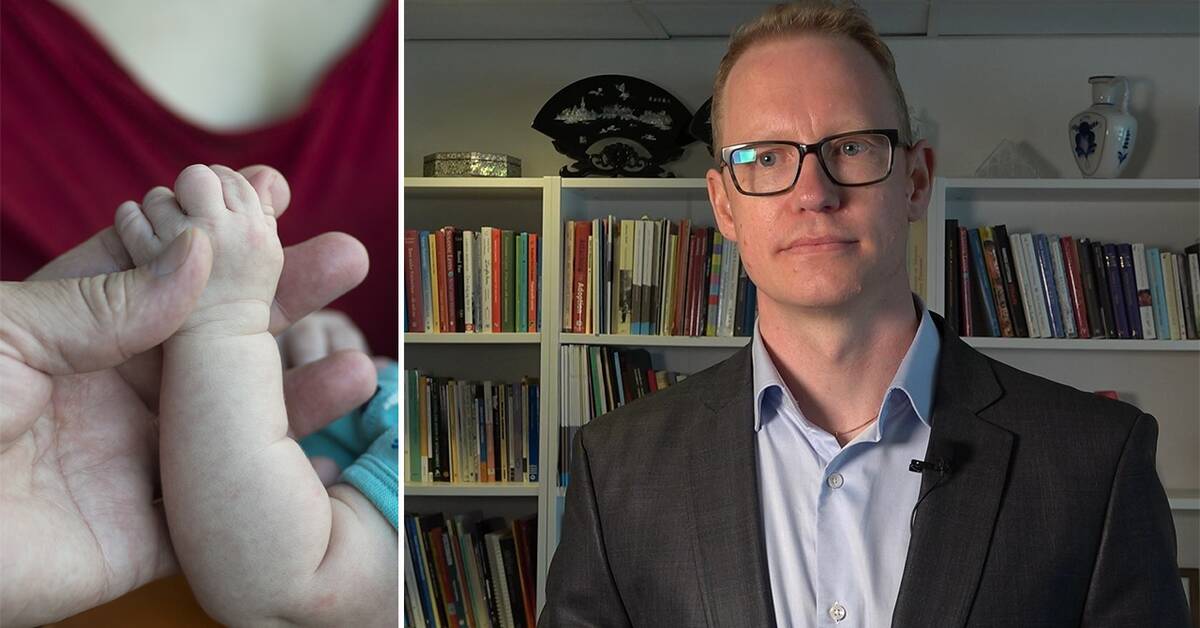The report is based on a study done by Anders Hjern, pediatrician and professor of social epidemiology for youth health at Karolinska Institutet and Bo Vinnerljung, senior professor of social work at Stockholm University.
They wanted to investigate how the internationally adopted feel when they become adults.
Previous studies have shown that the group is at increased risk of suicide during childhood and adolescence.
- What we can now see is that the increased risk of mental illness remains in adulthood.
The risk of suicide has decreased, but is still higher than for native Swedes, says Tommy Marksén.
According to the study, twice as many internationally adopted people have committed suicide compared with domestic-born Swedes per capita.
Researcher: Higher risk of divorce
They are also seeking more care for mental illness.
The increase in risk is greater for inpatient psychiatric care than for outpatient care, which according to the researchers can be interpreted as meaning that the internationally adopted are at greater risk than domestic-born Swedes of developing more severe forms of depression.
- In the report, the researchers point out that it can be more difficult for internationally adopted people to find a life partner.
Researchers also point out that they have a higher risk of divorce, says Tommy Marksén.
However, mental illness is not an explanation for the more widespread loneliness that exists among the internationally adopted.
According to the study, the difficulties also occurred among internationally adopted people who had a permanent connection to the labor market without income related to health problems.
In the clip, Tommy Marksén talks about how MFoF is working forward.

